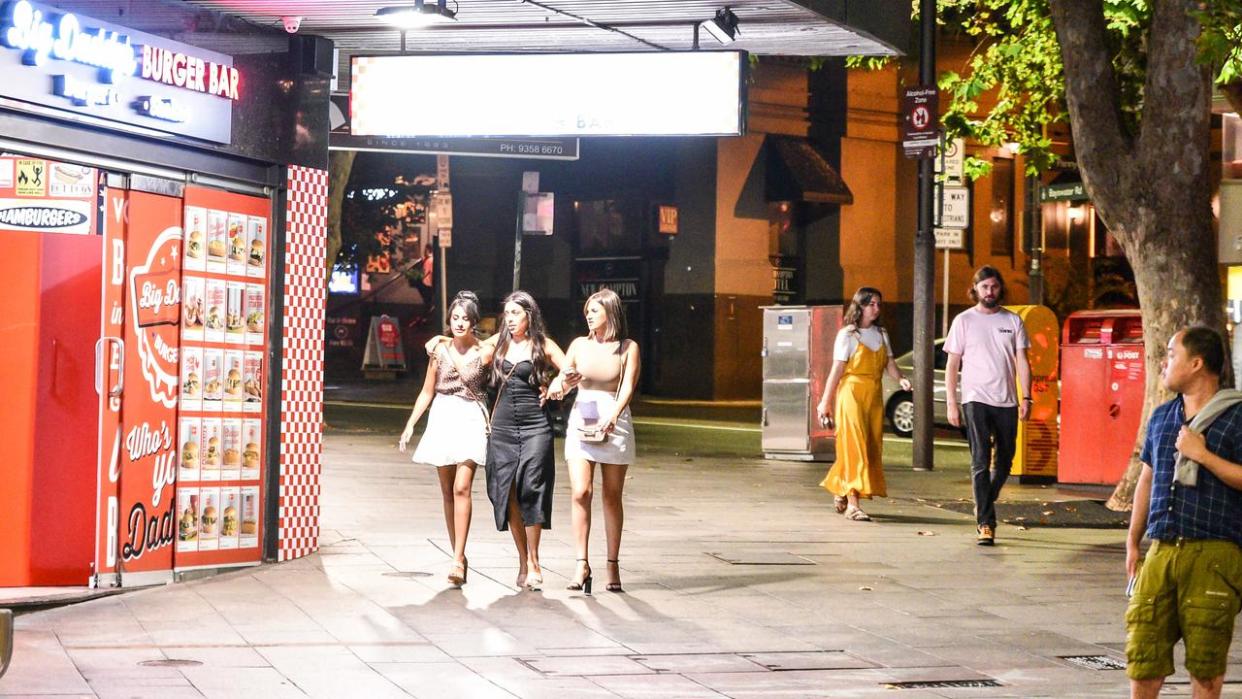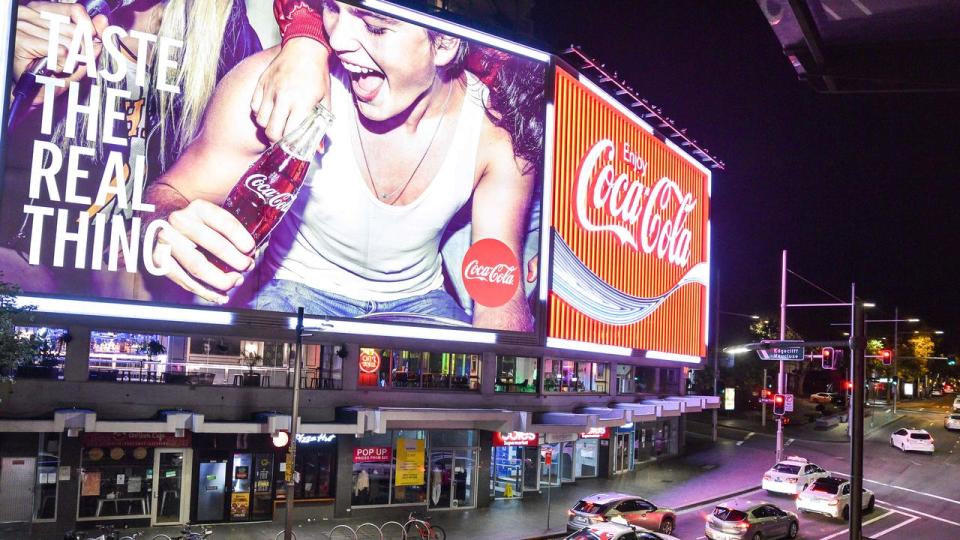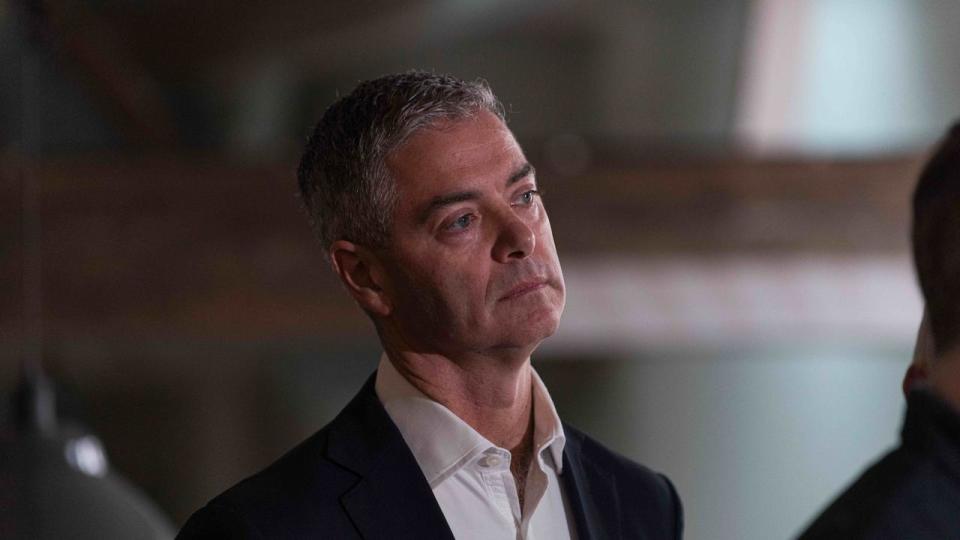Big changes coming to one state’s night-life

The NSW Government has vowed to usher in a new era for the state’s limp night-time economy by restricting noise complaints and splashing money on live performances.
Arts Minister John Graham on Sunday announced the introduction of new noise complaint regulations aimed at protecting venues from serial complainants.
“The old NSW sport of moving in next to a music venue and complaining until it gets shut down is now history,” he said.
“That era is coming to an end.”
The reforms, which will come into effect on July 1, will prioritise whoever first occupied the premises when considering a disturbance complaint.

The number of people required to make a statutory complaint has also been increased from three to five, and they cannot be from the same household or business.
Complainants will have to prove they attempted to resolve the issue before lodging the statutory complaint, in order to ensure the complaints are valid and reasonable.
Minister for Gaming David Harris said the reforms were aimed at balancing the needs of the community with the enjoyment of patrons at the state’s pubs, bars and restaurants.
“These reforms recognise that if people move next door to a licensed premises, they should expect a certain level of noise will come from
the operation of the venue,” he said.

Instead of being managed by seven agencies, the regulation of noise complaints will fall under the purview of Liquor & Gaming NSW.
At the same time, 21 new and existing venues will receive up to $100,000 for soundproofing and sound management.
A further 56 venues will be given a grant of up to $80,000 to cover the essential equipment, programming and marketing costs necessary to host more live gigs.
“The soundproofing and venue support will mean venues can host more live music, whilst reducing the impact on their neighbours,” Mr Graham said.
The recent State of the Scene report revealed there are 795 venues across NSW that offer live music.

Other reforms to come into effect on July 1 include permanent allowances for small bars to sell limited takeaway alcohol and extended trading applications for hotels with live music.
“Bit by bit, we are rebuilding Sydney’s night-time economy, venue by venue, neighbourhood by neighbourhood,” Mr Graham said.
NSW 24-Hour Economy Commissioner Michael Rodrigues said the government had learnt a “tough lesson” from the loss of valuable stages and entertainment programs.
“For the better part of a decade we had a regulatory system and operating environment in NSW that stymied live performance,” he said.
“It’s been a tough lesson to learn from, but from it, learn we must.”
The bid at revitalisation comes amid a turbulent year for the state’s music industry, which has been hard hit by the cancellation of beloved festivals such as Groovin the Moo and Splendour in the Grass.

 Yahoo Lifestyle
Yahoo Lifestyle 
